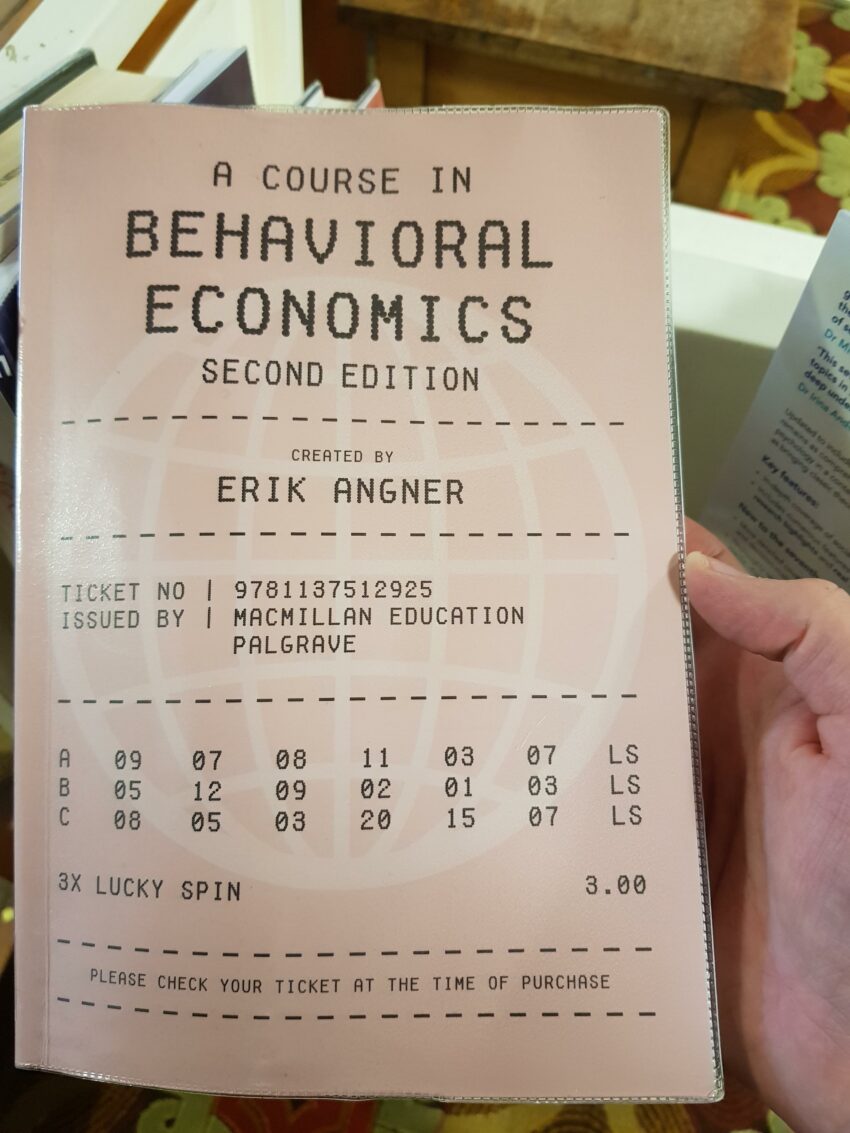Lotteries, often viewed through the lens of chance and entertainment, hold a fascinating position within the realm of economics. In this exploration, we dissect the intricate layers of lottery economics, shedding light on the economic impact, consumer behavior, and the societal implications of this seemingly simple game of luck.
The Economic Engine of Lotteries
Lotteries stand as silent economic engines, contributing significantly to public finances. The funds garnered from ticket sales play a pivotal role in financing various sectors, including education, infrastructure, and healthcare. This revenue stream becomes a unique source, supplementing traditional tax structures and often funding projects that might otherwise remain unrealized.
Decoding Lottery Spending Patterns
Understanding consumer behavior in the realm of lotteries is akin to deciphering an intricate puzzle. Despite the astronomical odds of winning, individuals willingly invest in lottery tickets, driven by a combination of hope, aspiration, and the thrill of anticipation. This paradoxical behavior becomes a fascinating study in the realms of psychology and economics, where emotion intertwines with economic decisions.

Bridging Gaps and Funding Dreams
Lotteries, with their widespread participation, transcend economic strata, offering a unique opportunity to bridge societal gaps. The revenues generated often fund programs that benefit the underprivileged, contributing to the socio-economic fabric. However, it also raises questions about the equitable distribution of resources and the ethical considerations surrounding the reliance on chance for social upliftment.
A Microcosm of Economic Decision-Making
At its core, purchasing a lottery ticket is a microcosm of economic decision-making, where individuals weigh the potential reward against the inherent risk. This juxtaposition mirrors broader economic principles, from investment strategies to market dynamics. Examining the choices made in the lottery arena provides insights into the delicate balance individuals strike between risk and reward in their pursuit of economic gain.
Balancing Entertainment and Social Responsibility
The regulatory landscape surrounding lotteries plays a crucial role in maintaining a balance between providing entertainment and ensuring social responsibility. Striking the right chord requires a nuanced approach, addressing concerns related to addiction, fraud, and the ethical dimensions of encouraging a game of chance. The interplay between regulatory bodies, operators, and participants shapes the ethical contours of lottery economics.
Lottery Economics on the World Stage
Examining lottery economics on a global scale reveals a fascinating panorama of diverse approaches and impacts. Different countries implement varying models, from state-run lotteries to privately operated systems. The globalized nature of lottery games, such as massive international jackpots, showcases the interconnectedness of economies through the pursuit of luck. Understanding these global dynamics provides insights into the ways in which societies across the world engage with the economic dimensions of lotteries.
Shaping the Future of Lottery Economics
The integration of technology introduces a new chapter in the story of lottery economics. Online lottery platforms, blockchain-based systems, and innovative gaming formats redefine how individuals participate and interact with lotteries. This technological evolution not only enhances accessibility but also poses challenges related to security and responsible gaming. Navigating this intersection between traditional chance-based gaming and cutting-edge technology becomes pivotal in shaping the future landscape of lottery economics. As we stand at the precipice of technological advancements. The economic trajectory of lotteries is poised for a transformation that echoes the changing currents of the digital age.
Conclusion
In the complex tapestry of economic activities, lotteries emerge as intricate threads. Weaving together revenue generation, consumer behavior, socio-economic impact, risk, and regulation. Beyond the surface allure of winning fortunes, lottery economics serves as a captivating study in the symbiotic relationship between chance and economics. Offering both opportunities and challenges in its wake.

